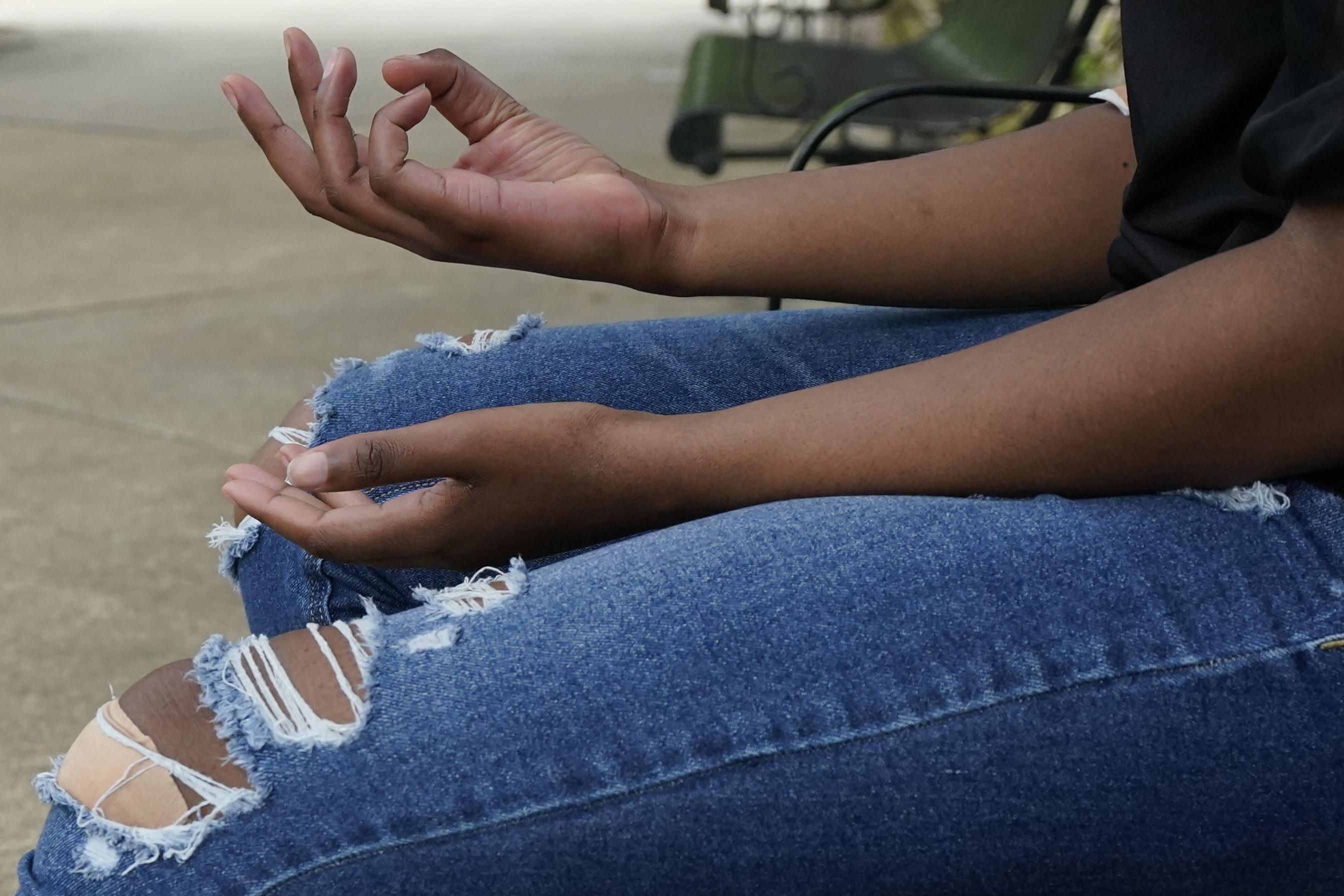Kristy McRaney is the director of the USM Center for Behavioral Health.
“There is a high need for access to care statewide in general,” she said. “Mississippi, broadly speaking, is a behavioral health professional shortage area. So simply not enough providers in that area, which means there's not enough services as well.”
According to USM, around 7,000 people in the state are at high risk for developing the condition. McRaney says people living in rural areas around the state are often not able to access care even when it is available.
“This specific programing grant is going to serve the entire state, because we're going to be able to implement them by telehealth,” she said.
Kelsey Bonfils is a lead investigator for the grant and a psychology professor at USM.
“Psychosis is a mental health condition in which a person might experience some loss of contact with reality,” she said.
She says people with psychosis can experience hallucinations, which is the experience of perceiving things like sounds or images that aren't really there, or delusions, which is a strongly held false belief that persists even when there's no evidence to support it.
“Folks who are at high risk of psychosis don't have psychosis symptoms yet,” Bonfils said. “They may have a variety of different experiences or difficulties. Things like feeling suspicious towards others, having social withdrawal, maybe having difficulty in communicating with others. Their speech may be hard to follow, and we might see over a period of time increased difficulty at school or at work or in social settings.”
Bonfils says risk factors that can contribute to developing psychosis include family history, hardship and cannabis use.
“Currently there are no specialty services available in the state of Mississippi to treat the at risk state for psychosis,” she said. “The CBH-SOAR program will provide a suite of services, including things like individual and group therapy, family therapy.”
Bonfils says psychosis, and related illnesses like schizophrenia, can be persistent conditions, leading to challenges in work, school and relationships. She believes that with treatment, people at risk for psychosis can go on to lead full lives.
“The earlier that we intervene, the better we are able to provide help at a key point before they've started to experience those deficits and functioning,” she said. “So we may be able to fully prevent the onset of those illnesses, which is our a kind of ideal outcome.
Bonfils expects the program to treat around 25 patients within its first year.




